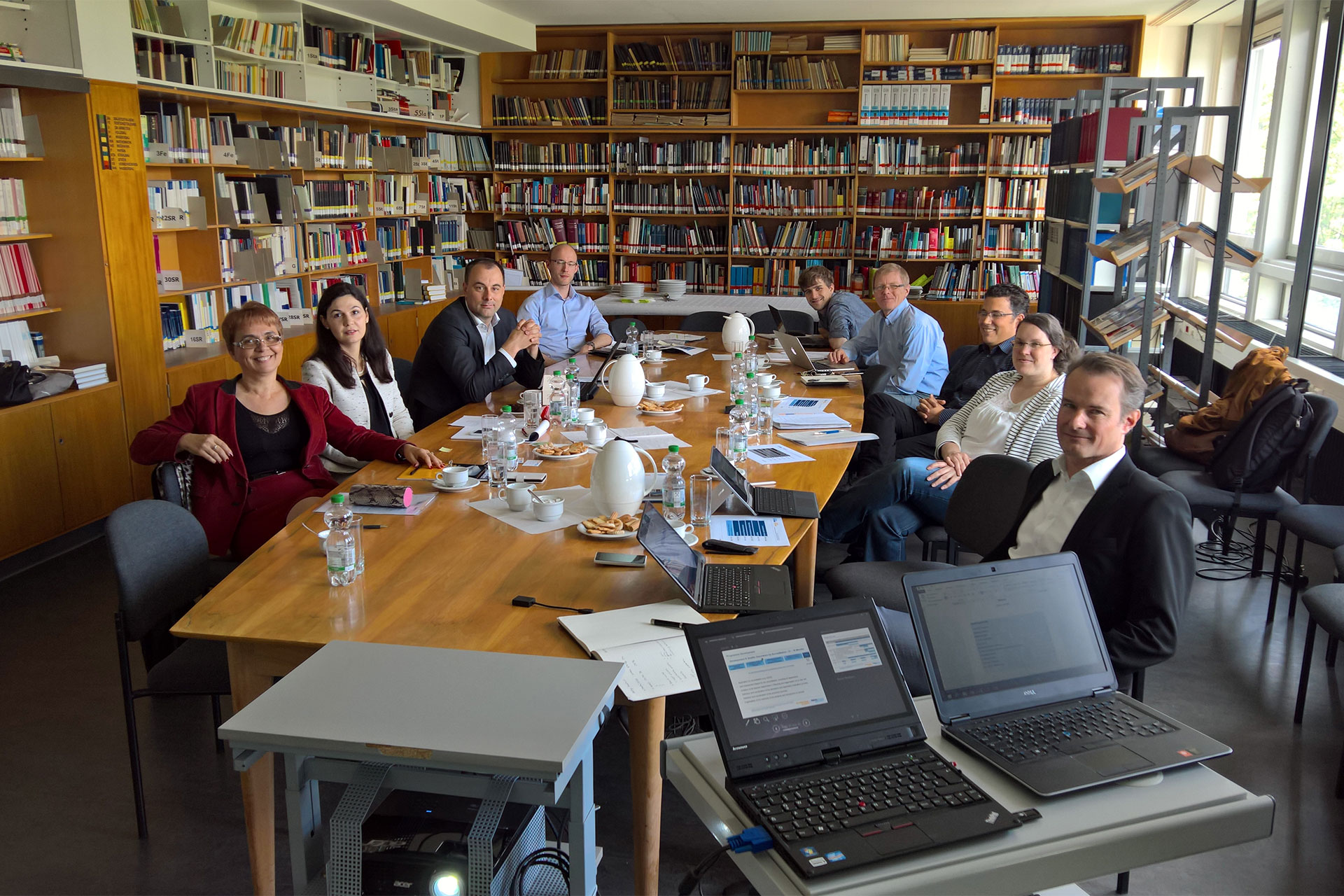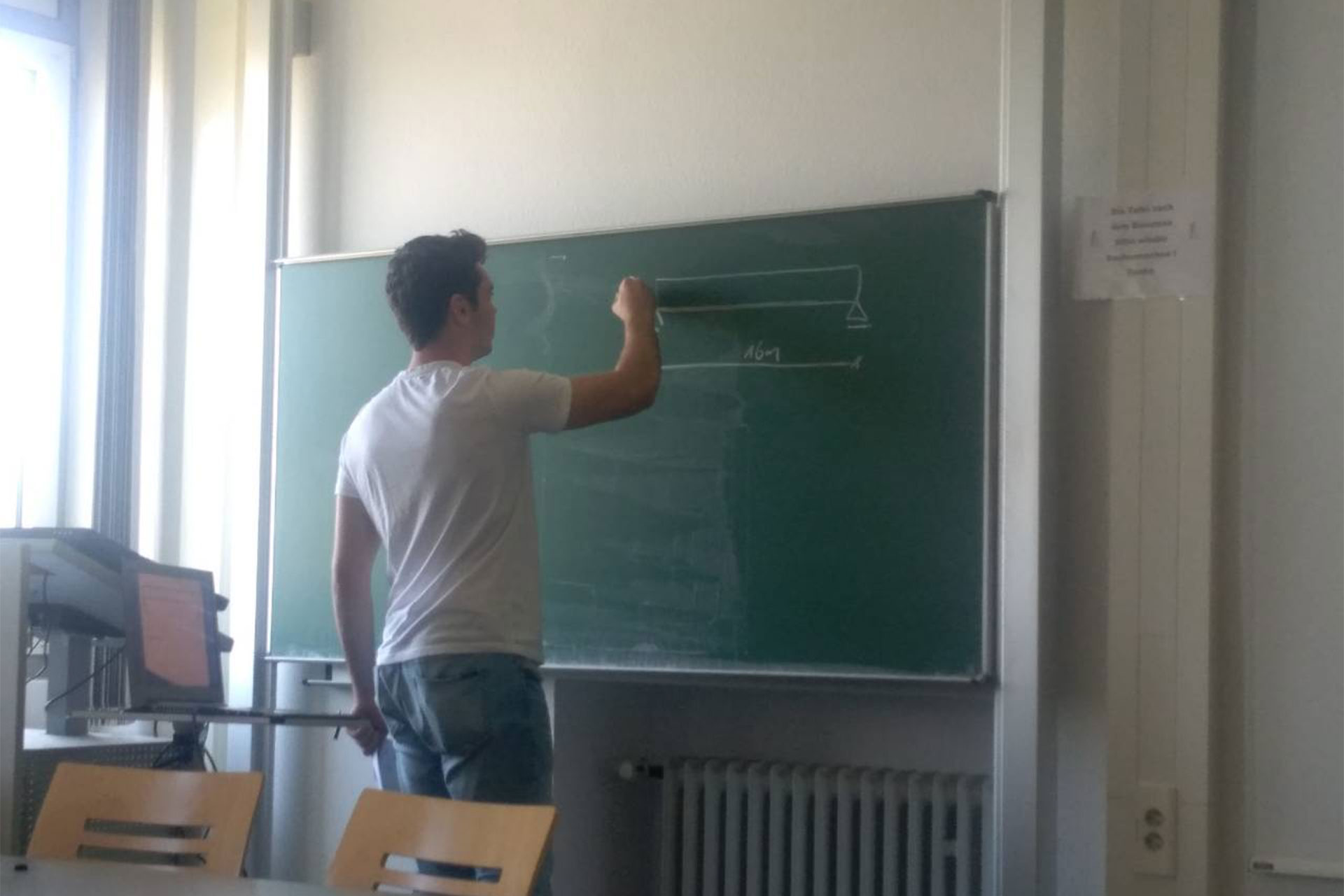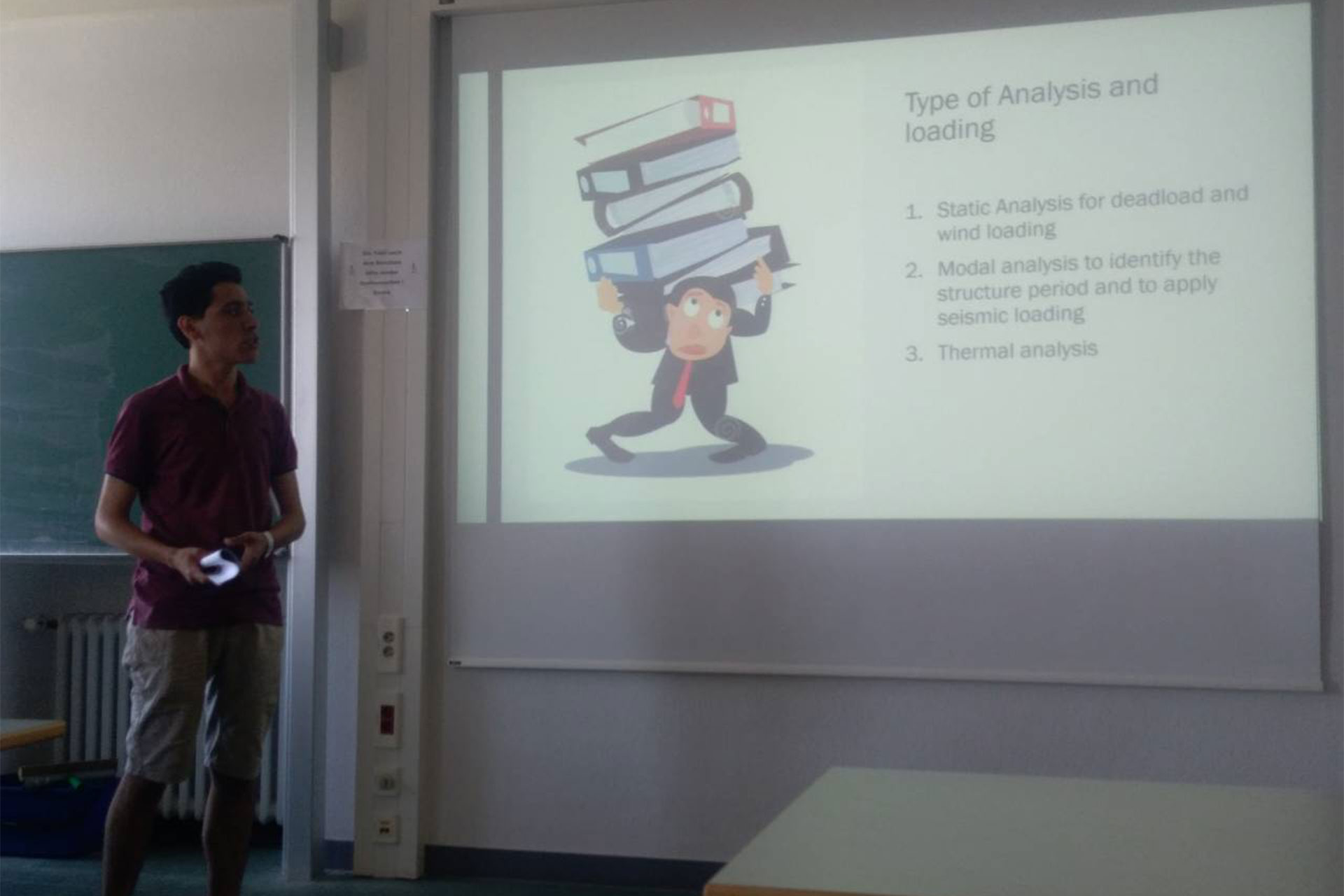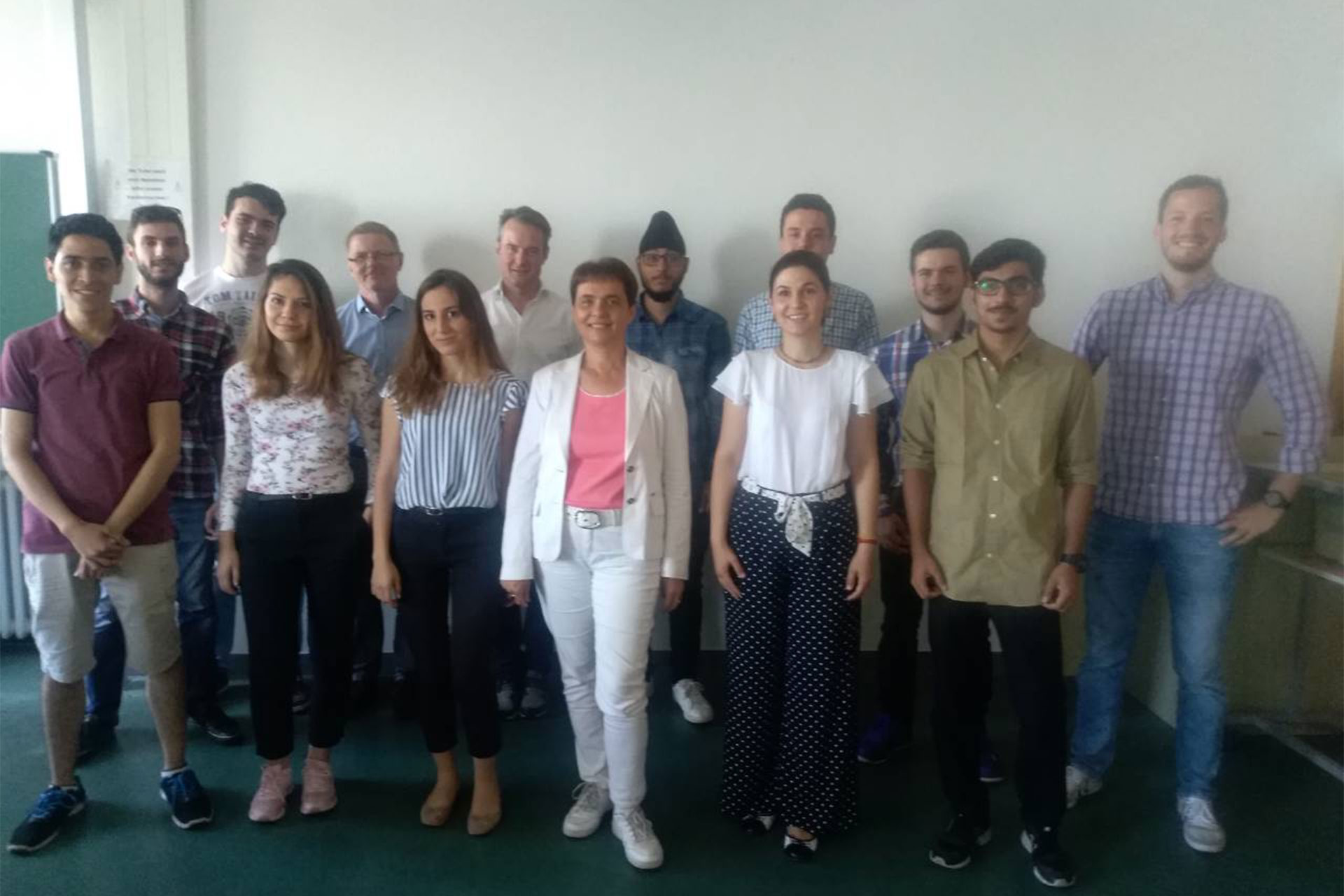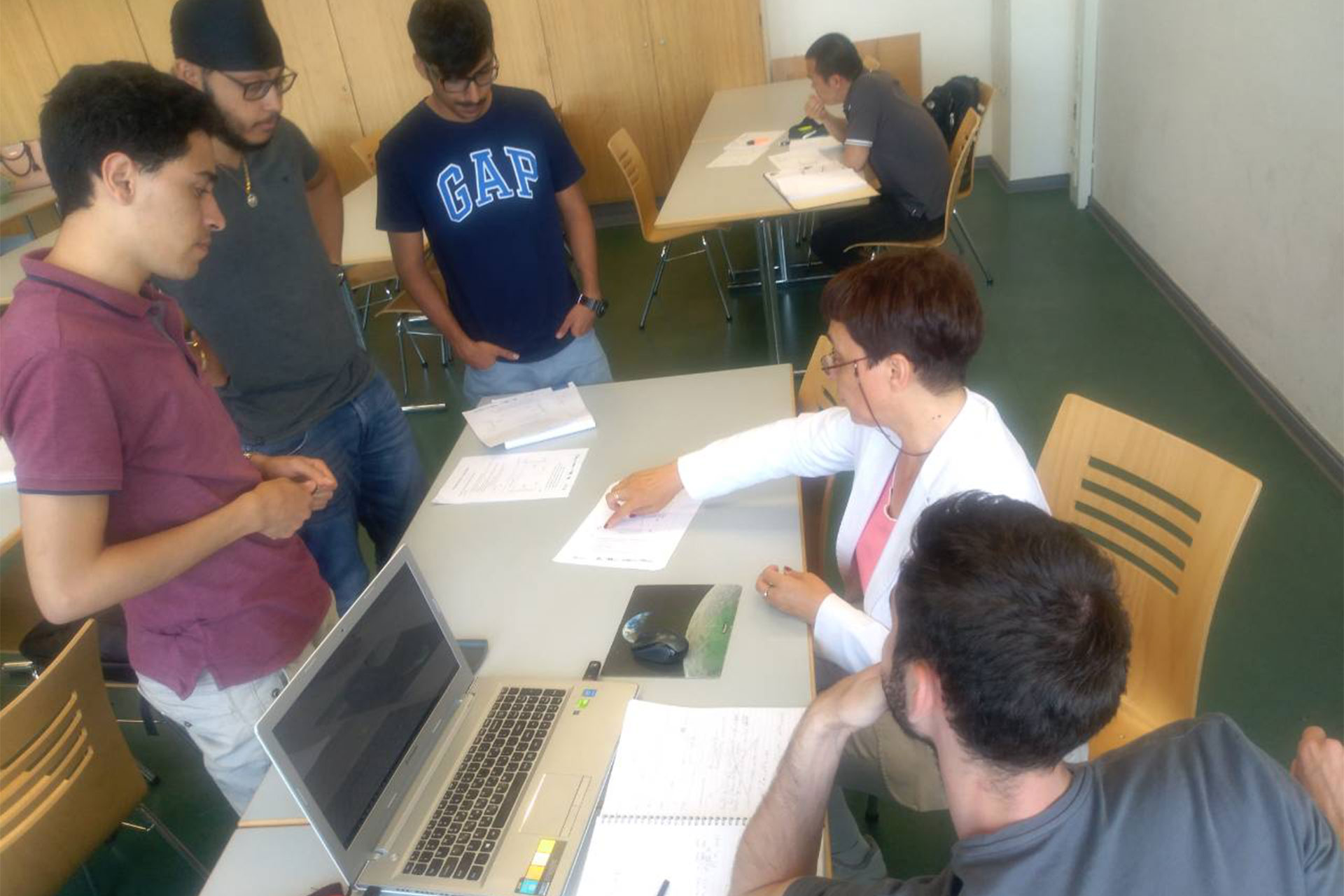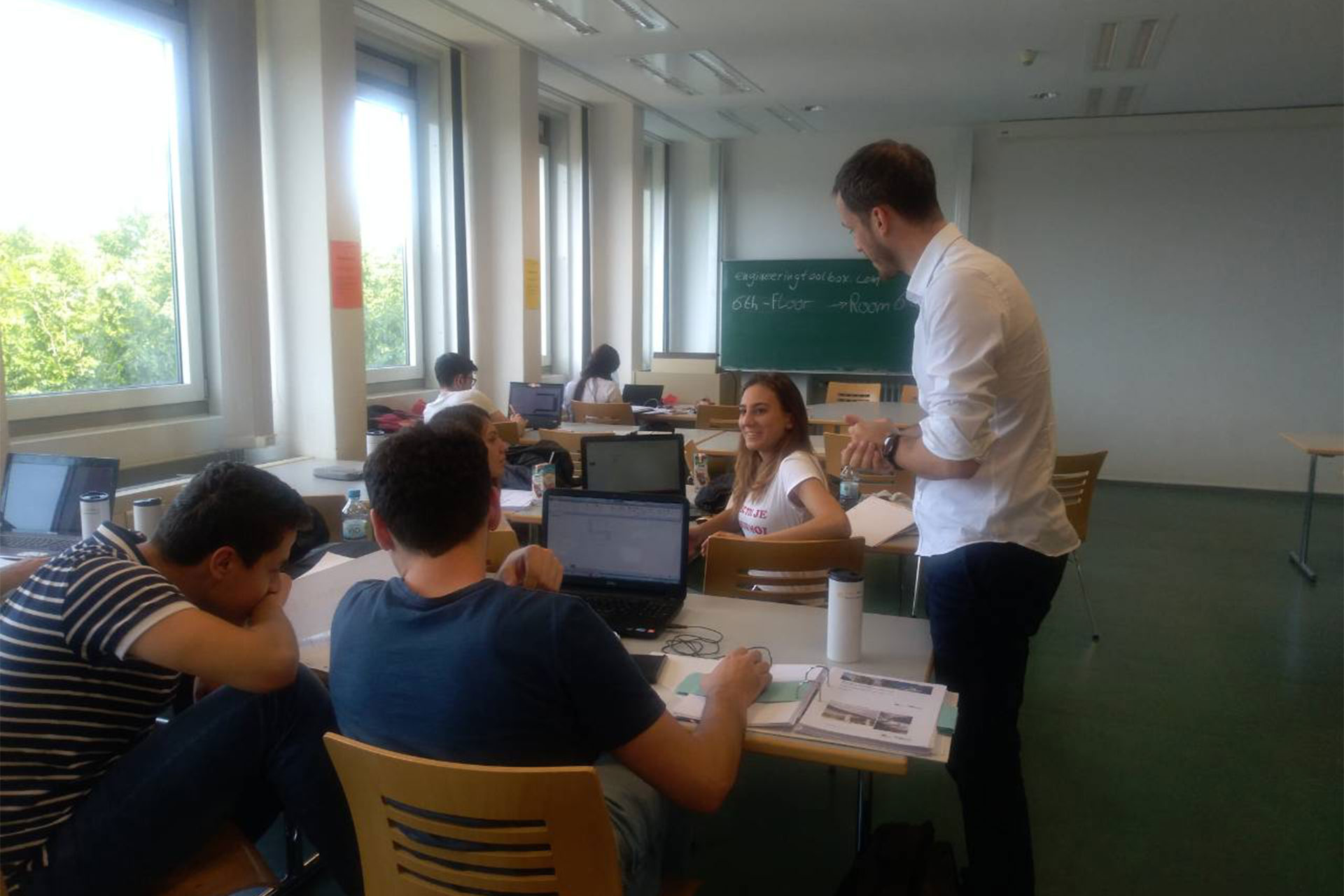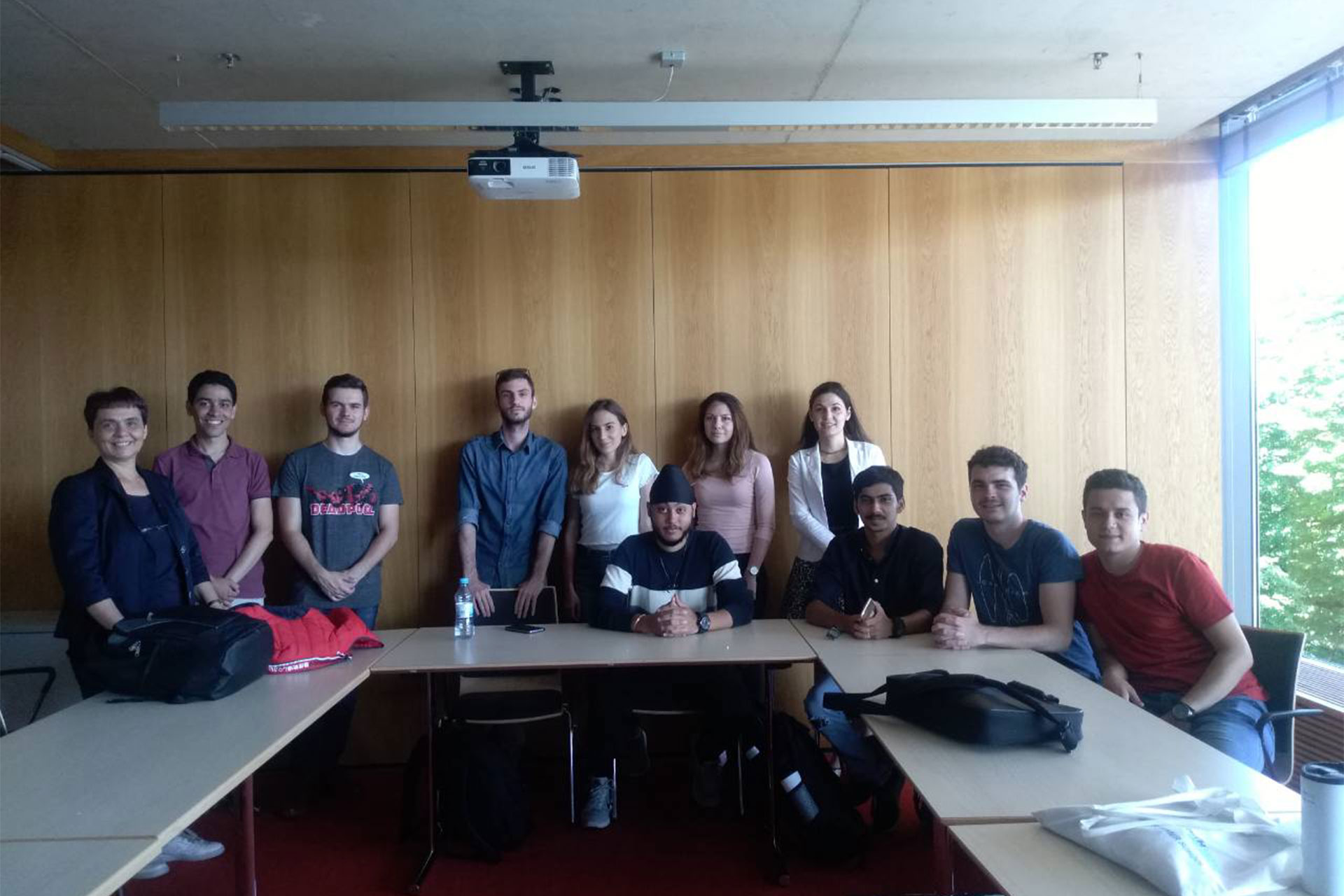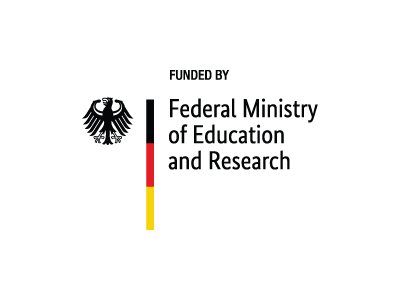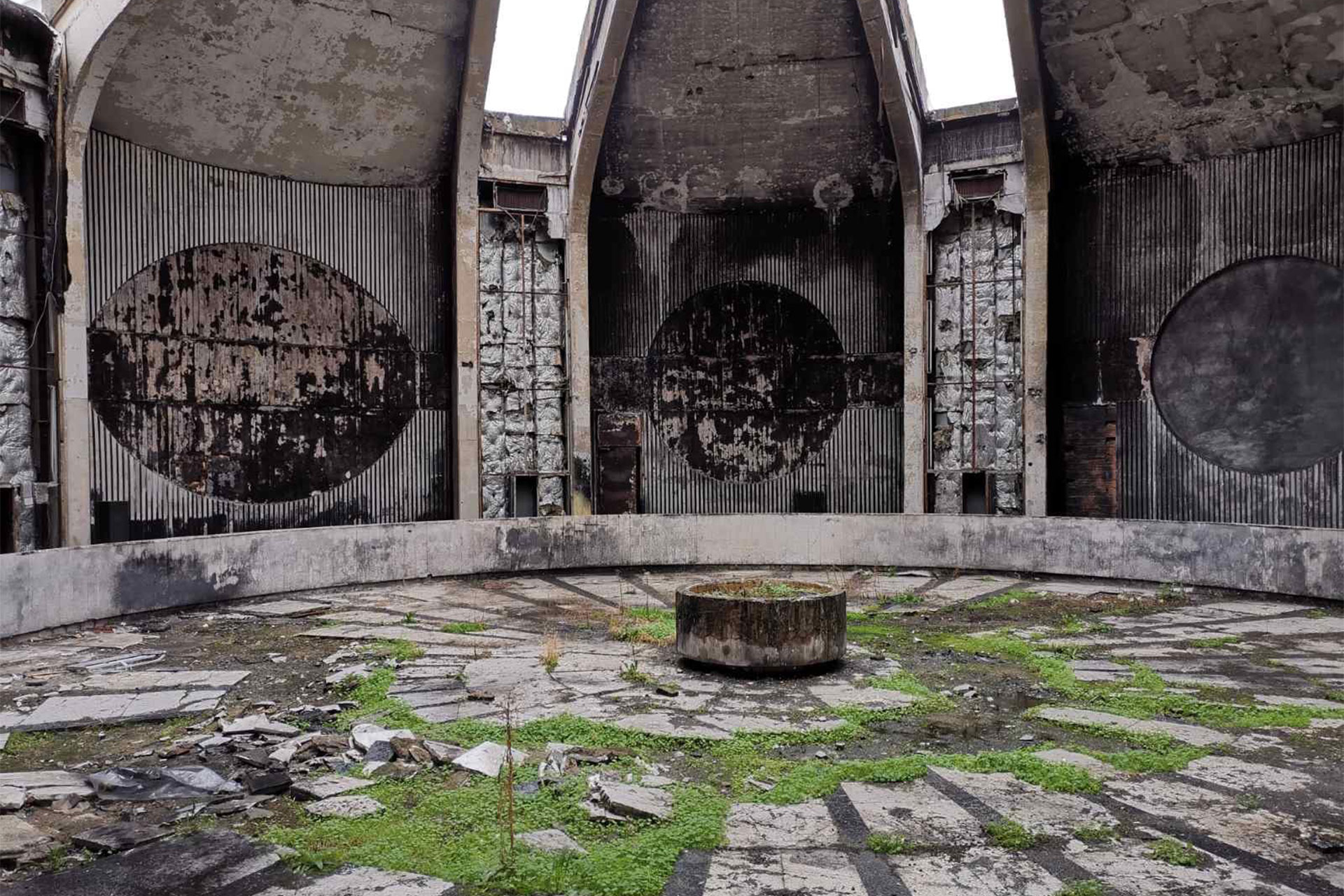Project objective: This project sets up a new international interdisciplinary master’s degree course in the field of civil engineering focusing on structural engineering and risk management of industrial facilities. Therefore, it includes both technical and socio-economic aspects. Especially in the design and construction of industrial structures, design problems arise between the interfaces of mechanical and civil engineering. To address these problems communicated by the industry in both countries, the intended master course will be interdisciplinary, including aspects from civil engineering and mechanical engineering as well. Close contact with the industry during the development of the program and during the program itself will open the opportunities for internships or master-theses to be carried out in the industry.
The project objectives are:
- Developing an international, multidisciplinary post-graduate master program in Structural Engineering and Risk Management of Industrial Facilities
- Applying to an international and reputable accreditation institute for the accreditation
- Preparation of the required capacities to implement the program after the project lifetime
- Fostering and strengthening the partnership between Germany and Macedonia in the field of education, academic and scientific training as well as research
Target group: The target group are graduate and postgraduate engineers from Macedonia, Germany, and other countries worldwide. The course will provide advanced education at the level of a Master of Science implementing the expertise of all involved project partners.
As a graduate of MME-CONSTRUCT, students will:
- bring management skills to industry, public sector, and non-governmental organizations,
- be able to carry out the site- or structure-specific risk analysis using modern tools to estimate the threat of different types of hazards,
- gain the skill-set and competencies to work at the interface of technology and business administration.
Effects:
- A new innovative program which enables post-graduates to pursue careers in the multidisciplinary field of industrial facility design with management abilities in the industry, the public sector, and non-governmental organizations;
- An application-based knowledge for designing, constructing, and monitoring structures during operation and accidental events in compliance with international building codes;
- Intensify long-term collaborative activities in teaching and research;
- Close the innovative gap, networking with a cross-border and academic and industrial exchange.
Coordinator:
- RWTH-Aachen University, Chair of Structural Analysis and Dynamics and RWTH International Academy gGmbH, Germany – https://rwth-aachen.de
Project partners:
- “Ss. Cyril and Methodius” University –UKIM, Faculty of Civil Engineering, Chair of Structural Analysis, N. Macedonia – http://gf.ukim.edu.mk/
- Institute for Research in Environment, Civil Engineering and Energy – IECE, N. Macedonia – https://www.iege.edu.mk/
- Curriculum of Master program
- Accreditation documents for the MSc Program
- Promotional activities and recruitment and selection of pilot group of learners
- Implementation of joint program, mobility of students and academic staff
- Brochure
1st semester
- Structural analysis and Computational methods I
- Steel structures in Industrial applications
- Structural dynamics
- Individualized construction
- Strategic technology management
- German language course
- Electives: Structural control and Health monitoring
2nd semester
- International factory planning
- Design of concrete structures for Industrial facilities
- Design and detailing of nonstructural Industrial components and equipment
- Risk management and decision under uncertainties
- Electives: Mechanics of Engineering materials
3rd semester
- Probabilistic risk analysis in Industrial facilities
- Project management in the context of disasters
- Earthquake engineering and seismic risk assessment
- Engineering ethics and responsible decision making
4rd semester
- Master thesis
Implementation period
September 2015 – August 2017

